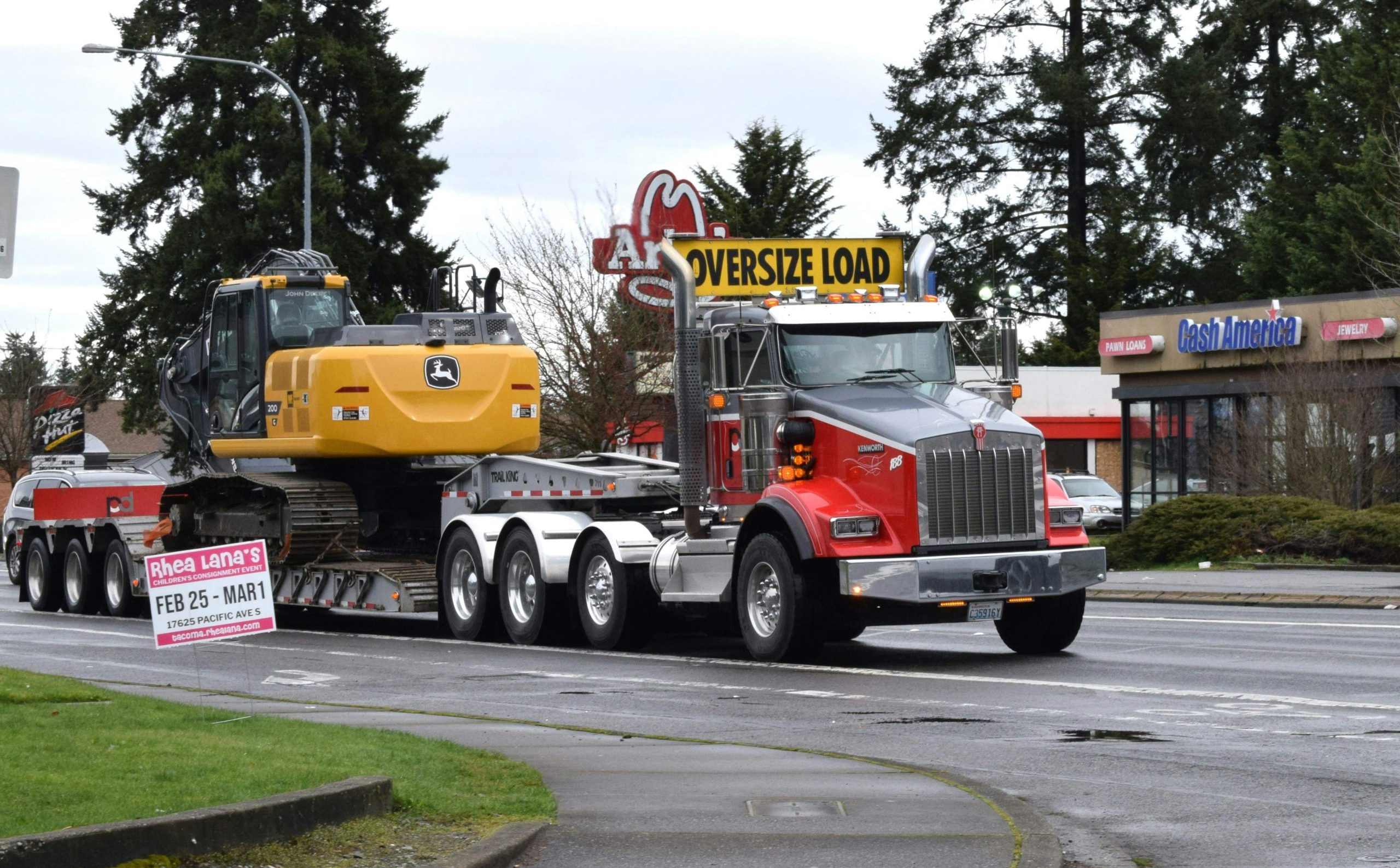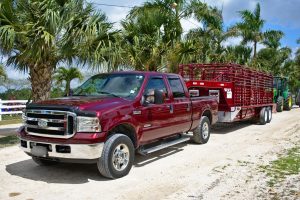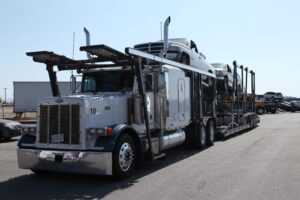Being a truck driver, you know that there are many different filings that are necessary for your work. It can be hard to keep track of them as they all have their own specific parameters that they follow. This means not everyone requires every permit and only drivers who operate vehicles in certain places or operate certain vehicles themselves need some permits. Two such permits that are specific to drivers who do a specific type of trucking are the IRP and temporary trip permits. In the instance of these permits, it is unique as they both serve for the same purpose but have different factors to consider to determine which permit is best for you. Both facilitate interstate travel, but they cater to different trucking needs.
What is The International Registration Plan (IRP)?
The IRP is designed for truck drivers who frequently operate across state lines. This plan allows drivers to travel seamlessly through the 48 contiguous U.S. states, Washington D.C., and the 10 provinces of Canada without needing to apply for separate permits each time they cross a state or provincial border. The primary goal of the IRP is to simplify the distribution of registration fees among states based on the mileage a truck driver logs in each jurisdiction.
When a trucker registers under the IRP, they receive an apportioned license plate and a cab card. This registration system helps streamline identification at checkpoints, which is especially beneficial for drivers who frequently travel interstate. By using the IRP, drivers save time and avoid the hassle of applying for new permits every time they enter a different state. This makes it a cost-effective and efficient solution for those who regularly travel across state lines.
What are Temporary Trip Permits?
Temporary trip permits, on the other hand, are more suitable for truck drivers who do not travel interstate frequently. These permits are trip-specific, meaning they allow you to travel across state lines, but only for the particular trip you have planned. When applying for a temporary trip permit, you need to specify the states you intend to travel through, and in some cases, provide information about your intended route.
The fees associated with temporary trip permits are typically based on the states you will travel through. This makes temporary trip permits a more economical choice for drivers who do not regularly operate across state lines, as you only pay for the permits you need for a specific trip. For drivers who rarely cross state borders, obtaining a temporary trip permit can be a more flexible and affordable option than registering under the IRP.
Weight Requirements and Additional Considerations
Both the IRP and temporary trip permits are generally required for vehicles with a gross vehicle weight (GVW) or combined weight of 26,000 pounds or more. If your vehicle weighs less than this threshold, you are not required to obtain either permit. It is important to keep this weight requirement in mind when determining whether you need an IRP or a temporary trip permit.






